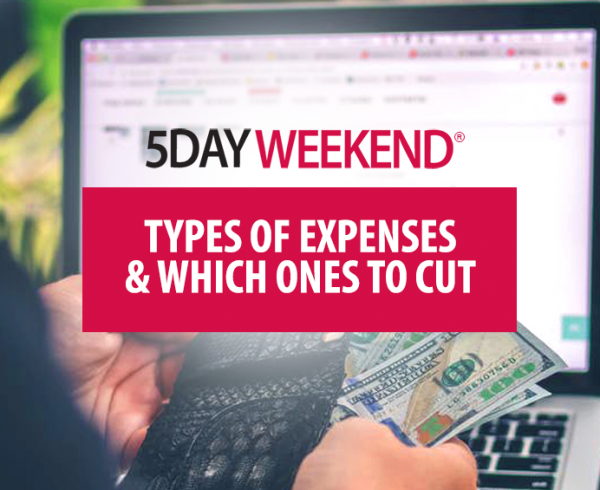You may be thinking that rental property looks like a pretty good way to create cash flow. And, you may also be thinking, “Where in the world am I going to get enough money for a down payment?”

Here are a few ways:
- Get Serious
Build your financial foundation with what you’re learned from my suggestions in many of my previous posts. Set a dollar goal of how much you need for a down payment. Make it real with a deadline.
“A goal is a dream with a deadline.” — Napoleon Hill
- Borrow from Family and Friends
Those closest to you often can add to your savings, to put you in a position to buy your first property.
- Personal Asset Sale
This may sound like an unlikely source but you may have assets that could bring in hundreds and maybe thousands of dollars. Look for things of value that you haven’t used in a long time or can do without.
- Borrow from Your Cash Flow Insurance
If you have created and funded your Cash Flow Insurance, as detailed in a previous post, this can be another source.
- Borrow from Your Retirement Fund
There are ways you can borrow from your IRA and 401(k) that can add to your down payment savings. There is lots of regulation so be careful to avoid penalties.
- Federal Government Assistance
The Federal Housing Administration (FHA) and Veterans Administration (VA) have programs to assist first-time buyers who purchase duplex, triplexes, and fourplexes. The down payment can be as low as 3.5%, depending on the amount of the purchase and those with lower credit scores are often eligible. To qualify you must live in one of the units. Federal programs change and may or may not be available.
My 5 Day Weekend collaborator Garrett Gunderson purchased his first property at 19 years old using a Creating Housing Affordable Mortgage Program (CHAMP) loan. It was a three-bedroom townhome, and he lived in one room and rented out the other two.
- Owner Financing
Sometimes the seller is willing to finance a purchase and take a smaller down payment.
- Find a Partner
Pooling your money with a partner offers a way to get started. Plus, there’s one more person to help research and manage the property. You must trust them and you must get your agreement in writing.
You can also partner with people to use their credit. You provide the funding, and they get the loan on their credit. Or, you can provide the credit and they can provide the down payment. Your partnership agreement details the profit percentages each of you receive. Garrett Gunderson has purchased many properties this way.
- Hard Money Lending
Hard money lenders are private individuals or small groups who lend money based on the property you are buying, and not on your credit worthiness. They take first position on the loan, meaning if you default, they get the property. Hard money loans cost much more than a normal mortgage, including high origination fees. House flippers and developers often use hard money to fund deals because it’s possible to borrow up to 100% of the purchase price. Plus, they don’t have all the red tape of regular mortgages and can be funded quickly. Hard money is for deals you know you can turn quickly at a large profit. It’s not a good option to hold it for a long period of time because it’s so expensive. To find a hard money lender in your area, simply do a Google search.
In my next post, I will look at a question many people ask about real-estate investments: whether to invest in local or long-distance properties.

In the meantime, I’d love to hear form you. Are you in a position yet to make a down payment on a rental property? Or are you still in the process of acquiring the means to do that? Thank you for sharing.
Secure your copy of the “5 Day Weekend” book. 5 Day Weekend: Freedom to Make Your Life and Work Rich with Purpose [Nik Halik & Garrett Gunderson]
















Leave a Comment